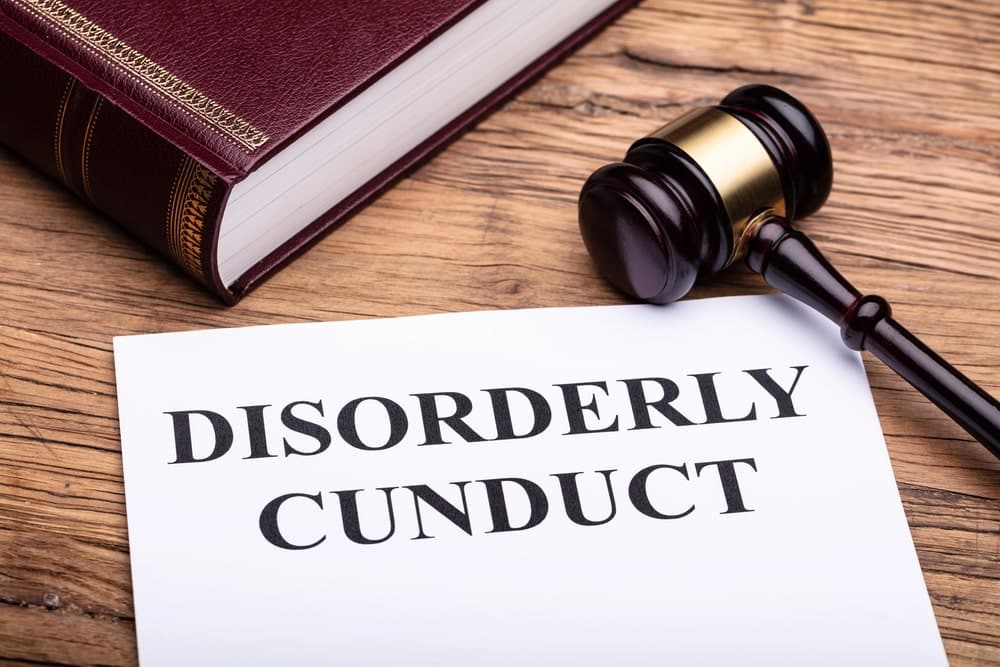
The police keep trying to come up with newer and better ways of doing their jobs. In one sense, this is a good thing, because, in theory at least, they have the interest of the community in mind. In another sense, however, it seems that each and every new “development” is a step backwards, as it contributes to tension between law enforcement and the very people it’s supposed to serve.
Call 207-571-8146 or contact us online to schedule a consult with one of our highly skilled OUI/DUI & criminal defense attorneys, serving Maine, today.
Supporters of predictive policing point to Kansas City as a shining example of the tactic’s success. There, homicide rates have fallen each year since the tactic was first implemented. However, these statistics are very basic – there’s no evidence that this drop in the city’s homicide rate was a result of predictive policing, or if there were other elements contributing to the drop, as well. In fact, in a study conducted by the non-profit group RAND Corporation, it was found that predictive policing was only 5 – 10% better at predicting crimes than regular police activity.
While the benefits of predictive policing range from uncertain to negligible, the effect that predictive policing has on local communities is serious.
Former criminals who are trying to rebuild their lives, routinely have to attend “call-ins,” where they’re reminded that the police are waiting for them to slip, and that, if they make even a small mistake, they’ll be aggressively prosecuted. This adds even more anxiety to their already stressful lives, as they try to make things work out.
Even innocent people find themselves on a police department’s predictive “hot list,” simply because of their relations with known criminals. Because predictive policing gathers information from social media, being friends with a felon on Facebook can result in you being watched closely by law enforcement, even if you’ve done nothing wrong.
Predictive policing is yet another attempt to “stop crime before it happens.” However, not only is this impossible, but it’s not even a worthwhile goal, due to how many innocent people will inevitably get caught in the web of the law.
Many of you may recall the epic sci-fi film, Minority Report. in that film, the police were literally trying to stop crime before the crime was ever committed. The problem in that film was that innocent people ended up being charged for the intent to commit a crime before any crime was ever committed. The end of the film found the more minority report program flawed and therefore the program was dismantled. Tom Cruise, who is the hero in the film, was also reported “innocent man” that was being hunted by police for a crime he neither intended to commit nor did he ever commit.
As you can see, there are actual true parallels between the movie minority report and was going on with law enforcement in Kansas City. The similarities are disturbing to say the least. As both the defense attorney and a law-abiding citizen, I understand the need for law enforcement and protection of innocent civilians. However I see a greater need or at least an equal bead to protect the rights of everyone innocent, and accused. It would appear that Kansas City’s program is taking the stance of being “proactive” in the face of increased criminal activity. This is a flawed methodology that will undoubtedly not only ensnare innocent people but also trample on constitutional rights to privacy; as it appears the police have the capability of monitoring innocent people’s social media accounts. This is a disturbing development but one that should not be surprising and what is now a big brother-esque society.
While predictive policing is only being experimented on in a few cities, criminal defense attorney William T. Bly is watching its development closely.
If you’ve been charged with a crime, call William T. Bly’s law office at (207) 571-8146, or contact him online. His years of experience defending against a myriad of criminal charges make him one of Maine’s premier criminal defense attorneys.
Call 207-571-8146 or contact us online to schedule a consult with one of our highly skilled OUI/DUI & criminal defense attorneys, serving Maine, today.
Blog Posts

After an arrest and criminal charge in Maine, a defendant’s first court appearance may be to apply for bail at the arraignment and bail hearing. The process of securing a[...]

If you are charged with a crime in Maine, going to trial is just one of the possible outcomes. In fact, around 90 percent of criminal cases in Maine are[...]

Defendants in criminal cases typically have four options for resolving their case if the charges are not dismissed: Plea negotiation, where the defendant agrees to plead guilty (or no contest)[...]

Many people are unaware that it is a criminal offense in Maine to make a false report of an emergency that causes public alarm. Even those who are aware of[...]

A criminal conviction usually appears on criminal records for life in Maine, potentially impacting the individual’s employment, education, travel, housing, immigration status, and more. However, certain low-level misdemeanor convictions can[...]

The legal term for sentencing a convicted criminal is not required to serve is called a suspended sentence. A suspended sentence is handed down during the sentencing portion following a[...]

If you receive a traffic ticket in Maine, you may be facing far more than demerit points or an administrative penalty. You could be facing criminal sanctions and a permanent[...]

In Maine, disorderly conduct laws effectively make disturbing the peace a criminal offense. While disorderly conduct is considered one of the least serious offenses under Maine’s Criminal Statutes, it can[...]

Any criminal charge for a drug-related offense is a serious matter in Maine,but how consequential the outcomes can get may depend on whether the charge is filed at the state[...]
